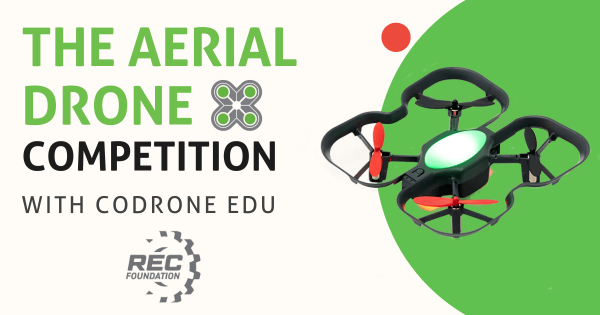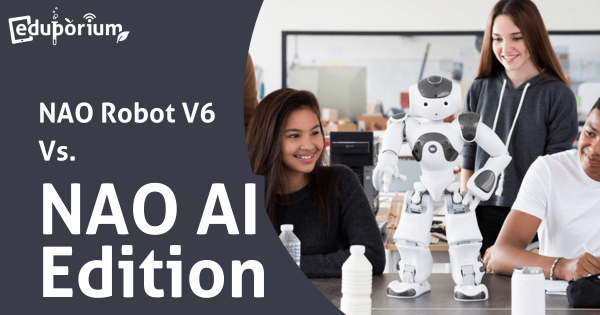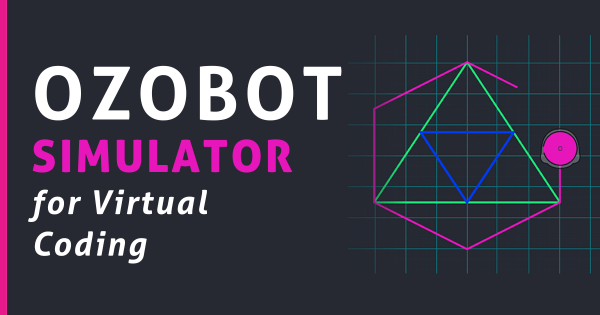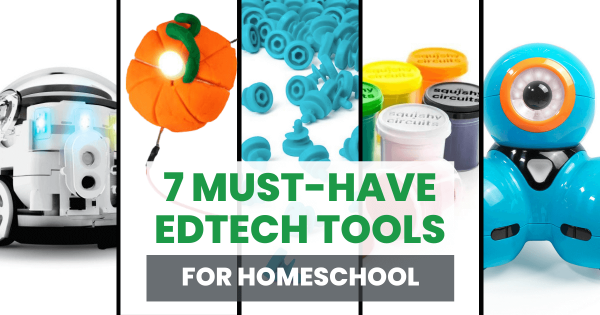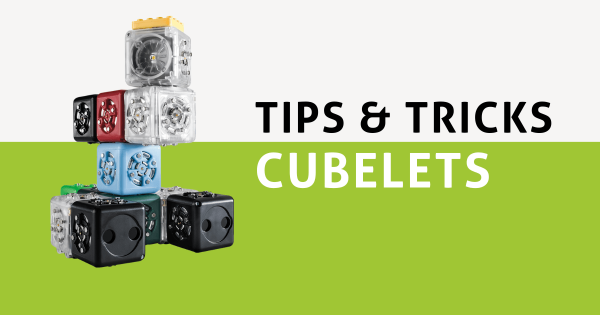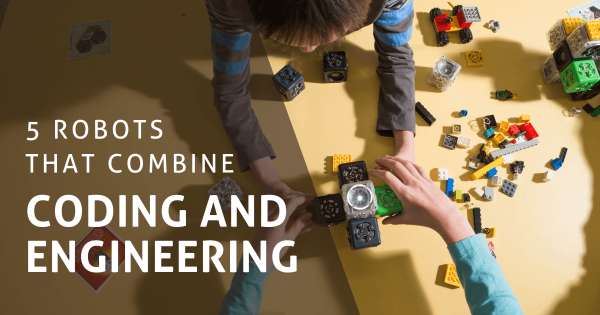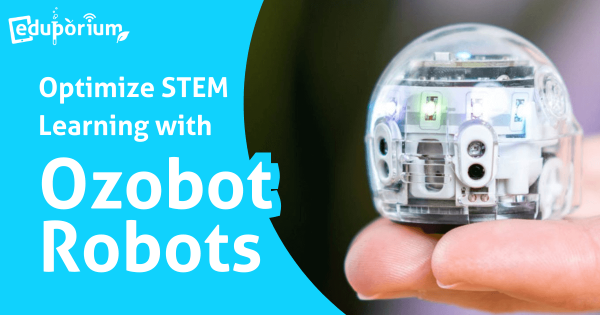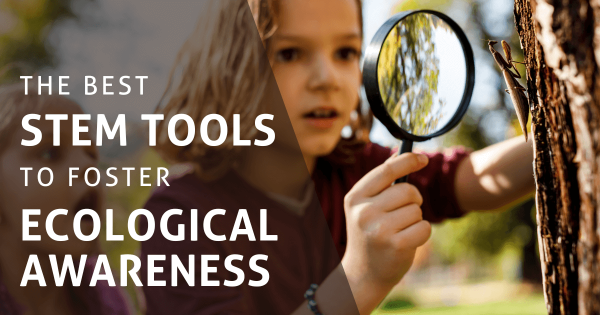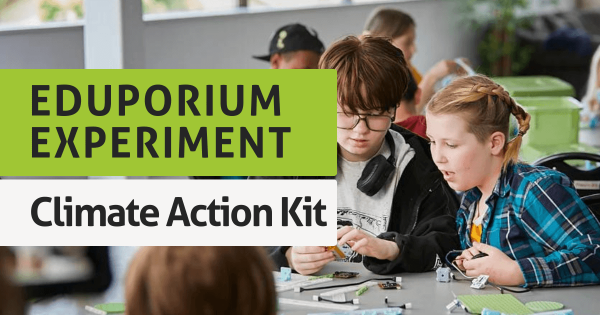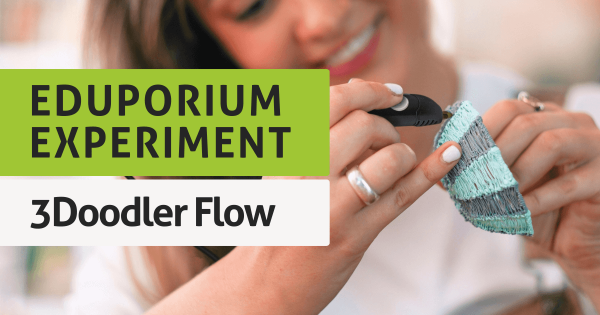The Aerial Drone Competition is one of the most popular educational drone events in America and the CoDrone EDU is one of few drones approved for the competitions. In this blog, we’ll explain how to register teams for drone events, why the CoDrone EDU is well-suited for competition requirements, and how to be successful in each of the four piloting
Eduporium Blog
-
The NAO Robot V6 Vs. The NAO AI Edition
The NAO is the most powerful and capable humanoid robot for education. But its latest version the V6, has two editions: Standard and AI. Which one is right for your classroom? Whether you prefer a Standard NAO with many coding options or an AI-enabled NAO with chatbot integration and the new Presentation Mode, this robot will enrich any classroom. -
The Ozobot Simulator For Virtual Coding
The Ozobot simulator is accessible online through any modern browser. Whether they have an Ozobot robot with them or not, students can use the simulator to create and run programs. Especially with learning taking place in many different environments, this tool helps level the playing field and provides students with an accessible way to develop CS skills. -
7 Must-Have EdTech Tools For Homeschool
For homeschooling parents, EdTech may seem out of reach. Whether it’s too expensive or too complex, some of the most popular EdTech isn’t suited for homeschoolers. However, we’ve compiled a list of the best EdTech tools that work perfectly in a home classroom. These solutions are affordable and approachable, with curriculum that parents can easily integrate. -
Tips & Tricks | Cubelets Robot Blocks Pt. 1
Welcome to Eduporium’s Tips & Tricks blog! In this bi-weekly blog series, we are highlighting some of the best practices for using some of our most popular EdTech tools in the classroom. If you’ve been searching for a straightforward guide on how to best care for EdTech, this blog is the one for you. In today’s post, we will cover -
Eduporium Weekly | 5 Robots That Combine Coding & Engineering
These days, not only can instructors utilize robotics tools to teach students coding and computational thinking skills, a lot of them have an engineering element within them as well. We think it’s great that educators and children can combine these two key areas of STEM by first building their robot (like any of these five prime examples) and then programming -
Optimize STEM Learning With Ozobot Evo
When it comes to elementary coding experiences, Ozobot Evo projects, in particular, help educators facilitate STEAM learning that’s simple. Teachers can break up an Evo Classroom kit and distribute the components for kids to share in any educational setting. Plus, with the Ozobot Classroom LMS, assigning bots, tracking student progress, and accessing lessons is easy. -
The Best STEM Tools To Foster Ecological Awareness
Fostering environmental awareness in children could take many forms. We have identified some EdTech tools that truly help kids approach ecological learning from different perspectives. They can capture data from the world with robots, take their coding outside, use sustainable tools, and complete hands-on projects on renewable energy while expanding their eco literacy! -
Eduporium Experiment | Forward Education Climate Action Kits
The Forward Education Climate Action Kit comes with everything a teacher needs to introduce green energy and environmental science concepts to students. Powered by the micro:bit, students will model sustainable energy solutions with robotic parts and building blocks in this kit appropriate for K-12 students. Kids will learn to invest in our eco-friendly future! -
Eduporium Experiment | The New 3Doodler Flow 3D Printing Pen
Older kids (14+) can use the 3Doodler Flow to craft projects for any class using teacher-created lesson plans. The Flow pen comes with a few great upgrades from the Start and Create, including a digital temperature display and spooled filament. These changes make the new Flow pen even more efficient when creating STEM projects such as a 3D model of



